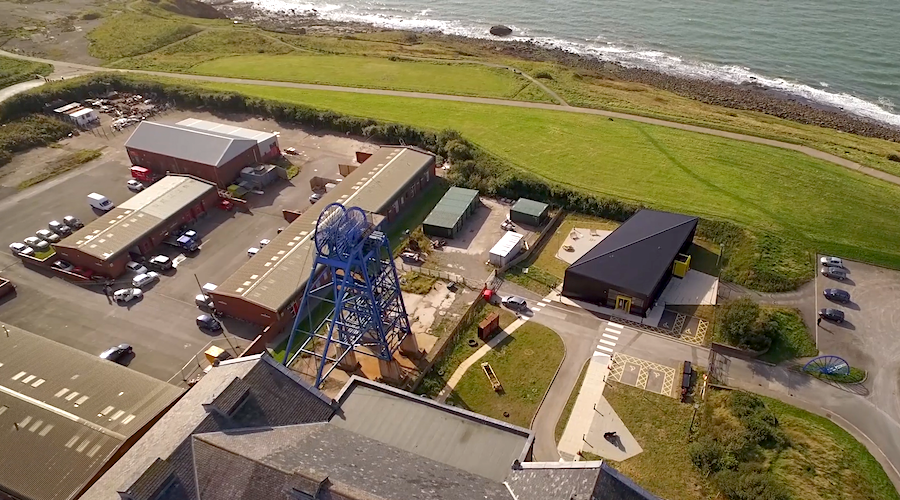Tussle over new UK mine embodies fight over coal-related emissions

The UK is weighing whether to approve its first deep coal mine in three decades, a controversial £165 million ($199 million) project now facing opposition from an environmental law nonprofit group that says it exposes investors “unreasonably and unnecessarily” to financial risk.
Campaigners and policymakers for years have opposed the proposal to build the mine in the Cumbrian region of northwest England on the grounds that it would increase greenhouse gas emissions. That pressure intensified Tuesday when ClientEarth, a London-based nonprofit, warned the mine’s financial backer EMR Capital Advisors Pty. Ltd. that support for the project may breach its fiduciary duties.
EMR Capital’s investment might “unreasonably and unnecessarily” expose its fund and investors to climate-related financial risk, ClientEarth Chief Executive Officer James Thornton wrote in a letter to the Australian private equity firm.
A spokeswoman for EMR Capital declined to comment. The firm manages about $2.5 billion in assets and specializes in natural resources and mining.
ClientEarth’s concerns come amid a broader global push to re-open coal mines in response to the energy crisis caused by Russia’s unprovoked invasion of Ukraine. The nonprofit has also played a role in the recent increase in climate change-related litigation. Globally, the number of lawsuits more than doubled to 2,000 between 2015 and May 2022, according to an analysis by the London School of Economics’ Grantham Research Institute for Climate Change.
Earlier this month, ClientEarth won a legal battle in the High Court against the UK government over its vague targets and failure to comply with Britain’s own climate change legislation. The nonprofit also has other cases underway.
The proposed Cumbrian mine, which would produce coking coal to make steel, is projected to cost £165 million in the first two years of construction, followed by annual expenses of £100 million once fully operational, according to planning documents. The mine would produce an estimated 2.78 million tons of coal per year until its scheduled closure in 2049. Supporters say the project will create over 500 jobs and revive local communities, while reducing UK coal imports.
ClientEarth has a different view. It argues that as the steel industry moves to low-carbon products, reduced demand for coking coal will expose EMR Capital’s fund and its investors to significant financial risk. The Australian firm’s interest in the mine also appears to be at odds with its public commitments to support climate goals and meet responsible investment standards, including as a signatory to the United Nations Principles for Responsible Investment, the nonprofit said.
“The Whitehaven coal mine is the very definition of a future stranded asset,” said Robert Clarke, a lawyer at ClientEarth.
John Dummer, the country’s top adviser on climate change, said a decision to approve Whitehaven would be “absolutely indefensible” for the threat it poses to the nation’s pledge to reduce emissions by 2050.
The British government is set to decide whether to grant planning permission for the mine on or before Aug. 17.
(By Natasha White)
{{ commodity.name }}
{{ post.title }}
{{ post.date }}




Comments